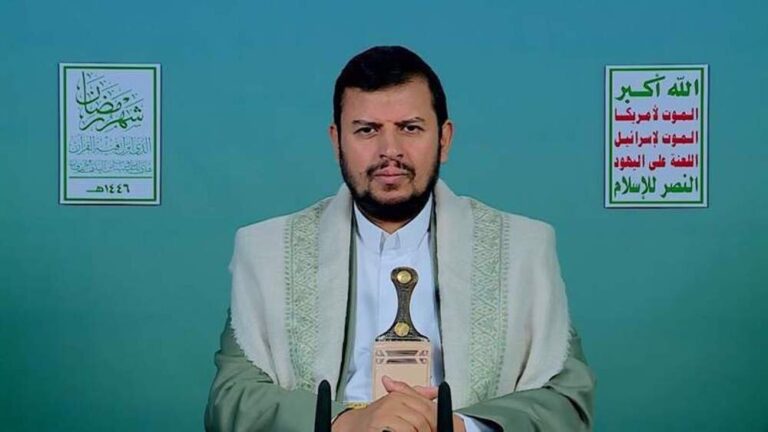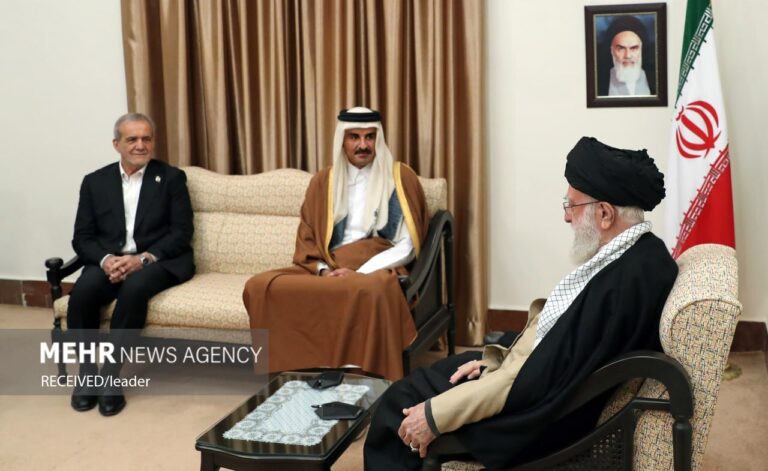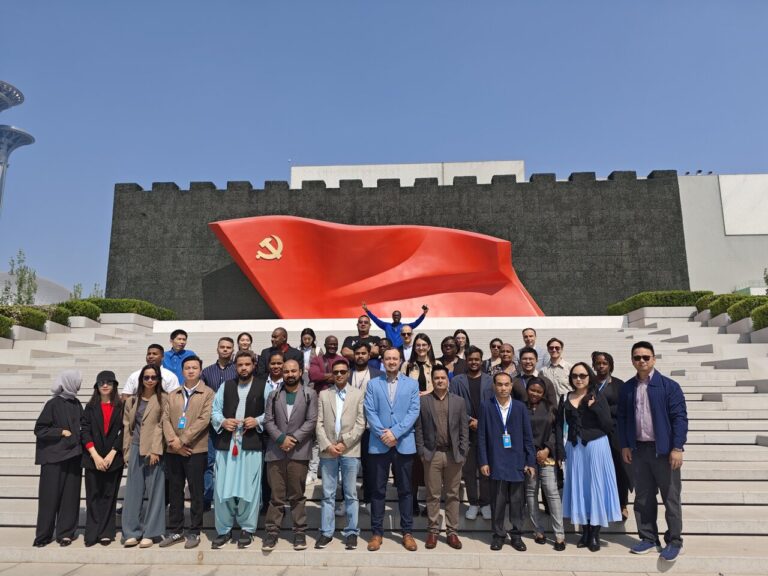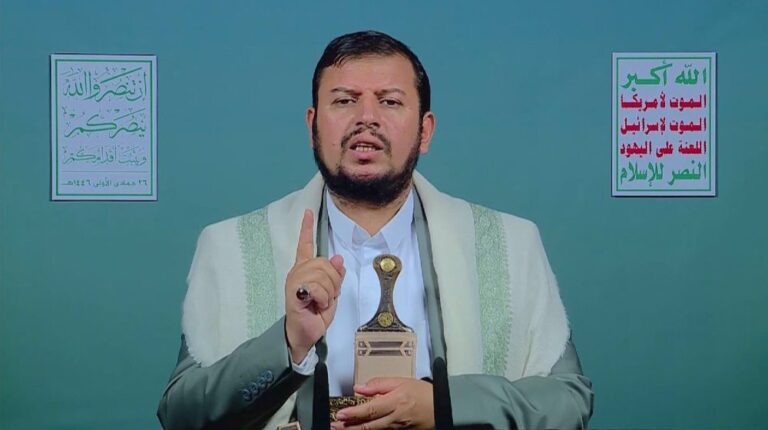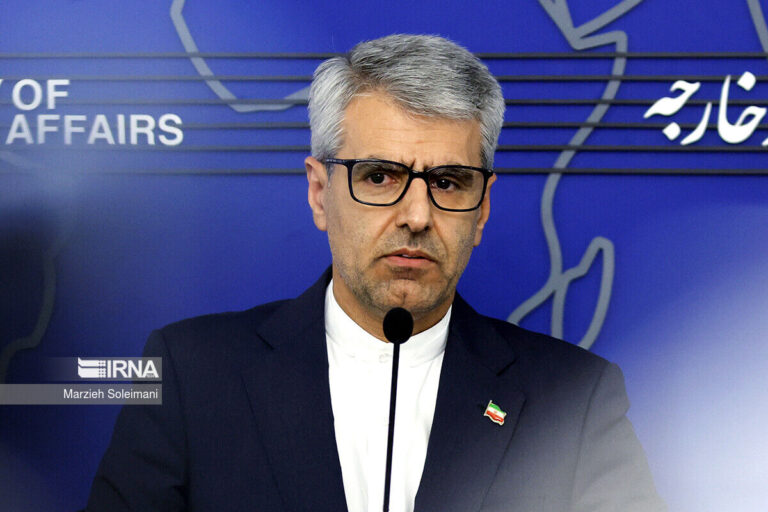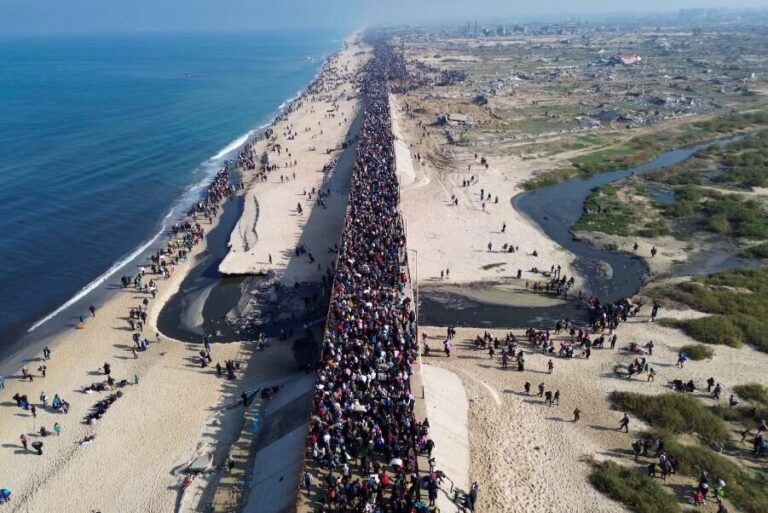Iran Embassy Denounces Netanyahu’s Controversial Visit to Hungary
The recent diplomatic interactions surrounding Israeli Prime Minister Benjamin Netanyahu have raised significant concerns regarding global peace and human rights violations. The Iranian embassy has issued a strong condemnation, labeling Netanyahu’s regime as a threat to world stability and calling for accountability for what it describes as a litany of atrocities committed in Gaza.
In a statement shared on X, the Iranian embassy expressed outrage after Hungarian Prime Minister Viktor Orban welcomed Netanyahu during his visit to Budapest. The embassy’s remarks underscored the gravity of the situation, stating:
“Netanyahu, the world’s most infamous war criminal and child killer who is wanted by ICC for committing the most atrocious crimes of international concern and who is leading an apartheid colonial entity that seeks ‘colonial erasure’ of the native residents of Palestine, has named Iran a threat to peace! What a travesty!”
This statement highlights the Iranian embassy’s perspective on Netanyahu’s actions and the broader implications for international relations. They further asserted that Netanyahu and his cabinet pose serious risks not only to global peace but also to humanity and shared human values. The embassy emphasized:
“Netanyahu must be behind bars,” adding that “he has committed all sorts of atrocities any sadistic psychopath can possibly imagine.”
Netanyahu’s visit to Budapest commenced on Wednesday evening and is scheduled to last for four days, following an invitation from Orban, a leader known for his far-right policies. Notably, this invitation comes at a time when Netanyahu faces serious allegations, including the use of starvation as a method of warfare and committing crimes against humanity, particularly during the ongoing conflict in Gaza.
In recent developments, the International Criminal Court (ICC) issued arrest warrants for Netanyahu and former war minister Yoav Gallant on November 21, 2024, on charges that include war crimes and crimes against humanity. These legal actions underscore the international community’s growing concern over the humanitarian crisis in Gaza and the actions of Israeli leadership.
Key points to consider regarding Netanyahu’s visit and the surrounding controversies include:
- Human Rights Violations: The Iranian embassy’s strong language reflects widespread allegations of human rights abuses in Gaza attributed to Netanyahu’s government.
- International Criminal Court Charges: The ICC’s warrants against Netanyahu and Gallant highlight the legal ramifications of their actions during the conflict.
- Global Reactions: The welcoming of Netanyahu by Orban has sparked criticism from various global leaders and organizations concerned about the implications for international law and human rights.
- Humanitarian Crisis in Gaza: The ongoing conflict has resulted in significant civilian casualties and a dire humanitarian situation, drawing international attention and condemnation.
As Netanyahu’s regime continues to face scrutiny, the international community remains divided on its responses to his actions. The Iranian embassy’s statements serve as a reminder of the complex and often contentious nature of geopolitical relations involving Israel and its neighbors.
The embassy’s comments also reflect a broader narrative regarding the implications of Netanyahu’s leadership style and his government’s approach to conflict resolution in the region. Critics argue that his policies have exacerbated tensions, undermining peace efforts and contributing to a cycle of violence that affects both Israelis and Palestinians.
In conclusion, Netanyahu’s visit to Hungary serves as a focal point for discussions surrounding accountability, human rights, and the role of international law in addressing alleged war crimes. The calls for justice and the demand for Netanyahu to face consequences for his actions resonate with many who advocate for peace and the protection of human rights worldwide.
As the situation continues to evolve, observers will be watching closely to see how these developments impact international relations and the ongoing struggle for peace in the Middle East.

